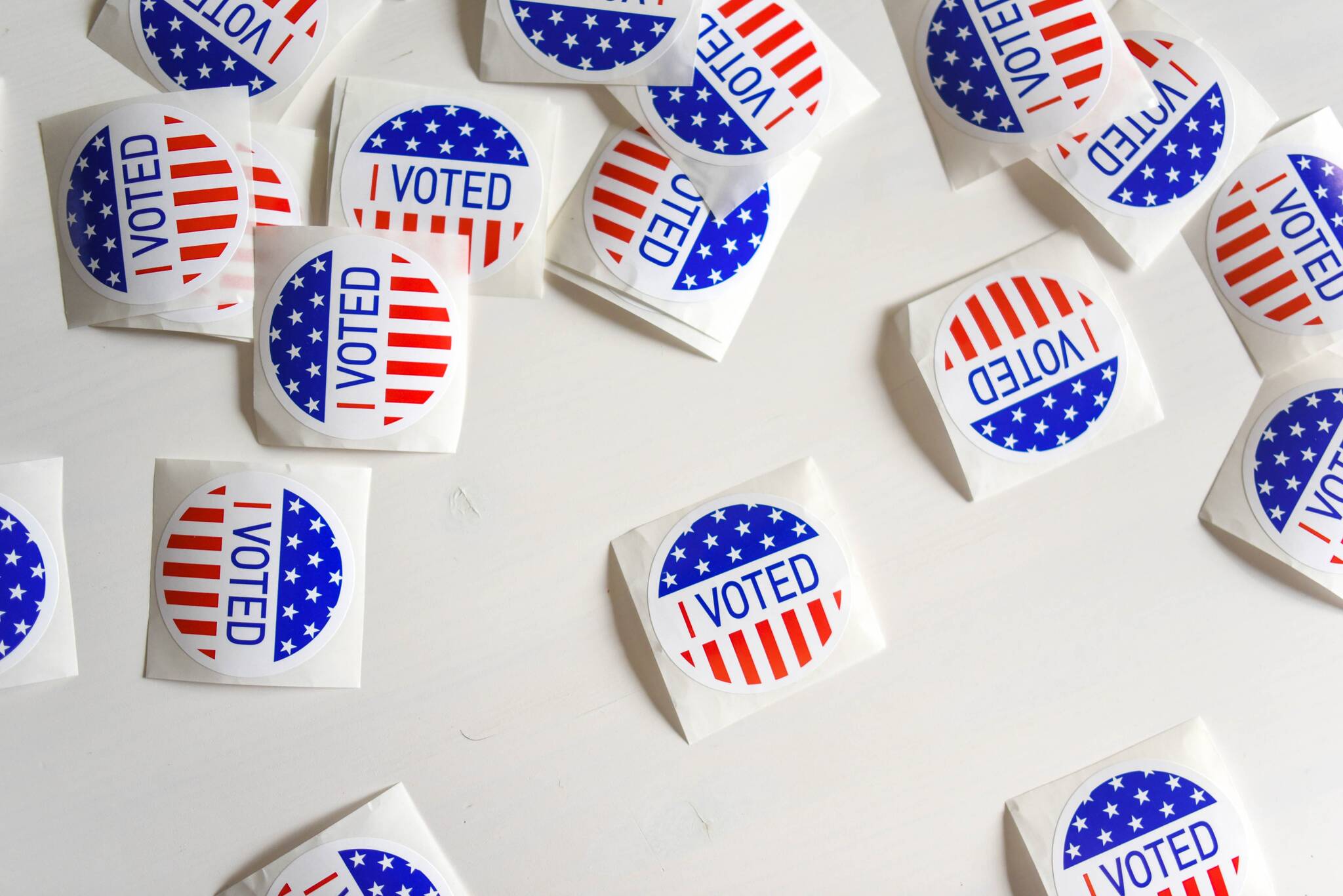By J.H. Snider
Once per decade — next on Nov. 8 — Alaska’s Constitution grants the people the right to call a constitutional convention via a statewide referendum. Alaska’s framers placed this automatic referendum on the ballot to prevent the Legislature from having monopoly power over initiating constitutional amendment. The process they created grants the people three votes: First, whether to call a convention. Second, if called, to elect delegates to the convention. Third, whether to approve the convention’s proposals.
Alaska’s framers understood that the process of ordinary and higher lawmaking should be different. After all, if they were the same, there would be no point in having a written Constitution. Higher lawmaking requires a different process because the Legislature has a conflict of interest when initiating, proposing, and ratifying fundamental laws concerning its own powers. Just as foxes shouldn’t be placed in charge of guarding a henhouse, government officials created by a constitution shouldn’t be placed in charge of amending it. As the drafter of Alaska’s periodic convention referendum put it: “[T]he constitution should not be at the mercy of future state legislatures.”
Each vote was to prevent the foxes from controlling one of the three critical stages of the constitution-making process: the first where the people initiate the process via referendum, the second where the people elect a convention separate from the Legislature to propose constitutional changes, and the third where the people ratify or reject each proposed change.
Convention opponents are correct that bypassing the Legislature in constitution-making costs a premium because a Legislature already exists whereas a convention must be created from scratch. But the framers believed that this additional expense could be an investment, not merely a cost, because of the valuable benefits empowering the people could bring to constitution-making.
The framers also believed that a convention needed the same unlimited constitutional proposal power as the Legislature because allowing the Legislature to limit a convention’s proposals would be granting the fox control over the henhouse. In other words, unlimited agenda setting power for a convention wasn’t a Pandora’s box; it was the prime benefit of the convention process.
Unlimited agenda setting power also didn’t mean unaccountable, as the framers granted the people ratification power over any constitutional amendment proposed by either Legislature or convention.
Convention opponents are spending more than a million dollars making absurd claims that a convention “is a Pandora’s Box pure and simple” and that one would “cost at least $17 million dollars.” The Pandora’s box claim is a direct attack on the framers’ wisdom in putting the periodic referendum in Alaska’s Constitution to function as Alaska’s only constitutional legislative bypass mechanism.
Alaska’s last convention in 1955-6 spent less than $300,000, about $3 million in today’s dollars. And that was for a statehood convention designed to create a constitution from scratch, not merely to propose popular amendments the Legislature won’t pass, such as codifying the Alaska Permanent Fund dividend. Alaska’s government currently spends some $12.7 billion a year and $127 billion over a 10-year stretch. A convention’s cost is merely a rounding error on that amount. If Alaskans, like other Americans, believe their state government wastes at least 30% of every dollar spent, the economic return on a convention that reduces that waste by a mere 1% would be more than 100:1.
The convention process has three natural enemies. First, incumbent legislators because a convention takes power from them. Second, Alaska’s most powerful special interest groups because, by definition, they excel at influencing the Legislature and recognize that a convention could be a Pandora’s box for their interests. Third, any group that prefers using the courts rather than the Legislature or a convention, to pursue its agenda.
Alas, many secondary interest groups depend on these natural enemies for political support, which includes trading convention opposition for support of their organization’s core lobbying mission.
What these four bipartisan groups have in common is that they are political insiders who, in certain relatively rare circumstances, have perverse incentives to form a political cartel averse to the people’s interests. The most famous such cartel in American politics concerns legislative gerrymandering. Alaska’s framers understood the risk of such a cartel regarding opposition to bypassing the Legislature, which is why they created the automatic periodic convention referendum.
J.H. Snider edits The Alaska State Constitutional Convention Clearinghouse and writes about the most difficult democratic reform problems.

